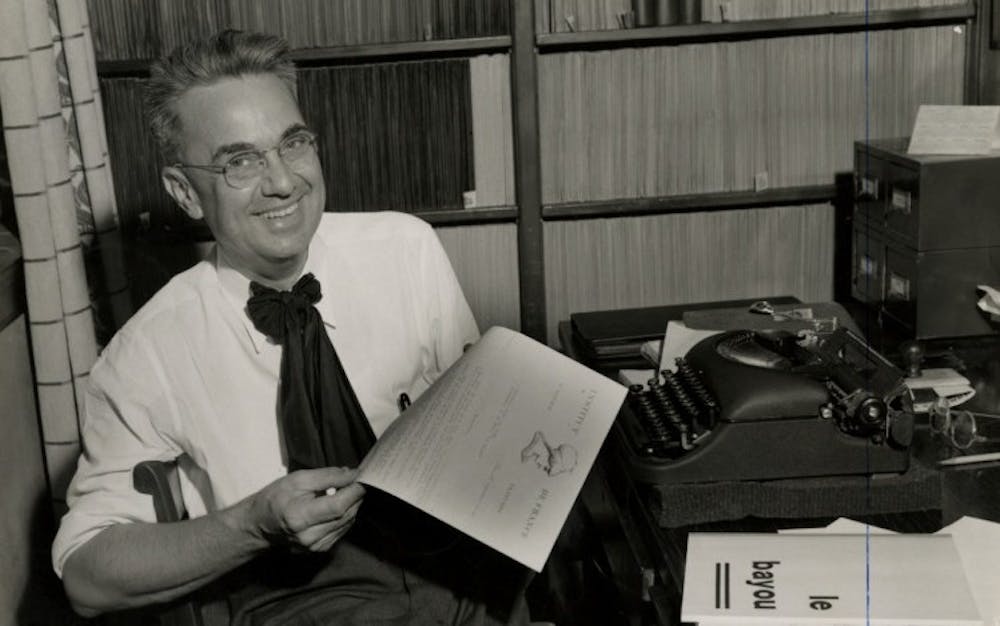Professor Admits to Setting Curve Just for 'The Drama'

Photo from University of Houston Digital Library / CC BY-SA 2.0
October 15, 2018 at 1:16 pm
Shocking the lecture hall and flouting academic precedent, Prof. Harold Ash of the Chemistry department revealed that the curve in his Chem 102 class was set for nothing more than “the drama,” despite information to the contrary on the syllabus.
“Of course everyone could leave this class with a good grade,” Dr. Ash was recorded saying, “but why should things be relaxing and straightforward when I have the power to needlessly complicate them?"
“The most important thing,” he continued, “is not that every one of you in this class is a talented, well-rounded, and driven member of society, but that you are stratified by your ability to take four tests and by my personal, completely arbitrary, estimation of how well you should do.”
Prof. Ash has been with the university for eight years, but the 2018-2019 academic year marks his first as a tenured professor.
“Grades will roughly follow the same formula as previous years,” he explained, “except that there will only be one A between a pair of lab partners, or group of friends, or whatever random, unannounced collection of people I decide to arrange you into."
One student raised concerns about the effect the new policy might have on student stress and well-being, on their final grade, and most importantly, on medical school admissions. The professor defended the policy change, stating that students should be prepared for the reality that life will deal them setbacks that have no relation to how hard they work, how smart they are, or how frantic their emails are at 3:30 a.m. "This introductory level, prerequisite class is that preparation,” he said.
“What’s more," Ash remarked, "anyone who isn’t willing to undercut their peers in pursuit of personal success stands no chance in medical school, and should never be allowed to care for the young, the old, or the infirm.”